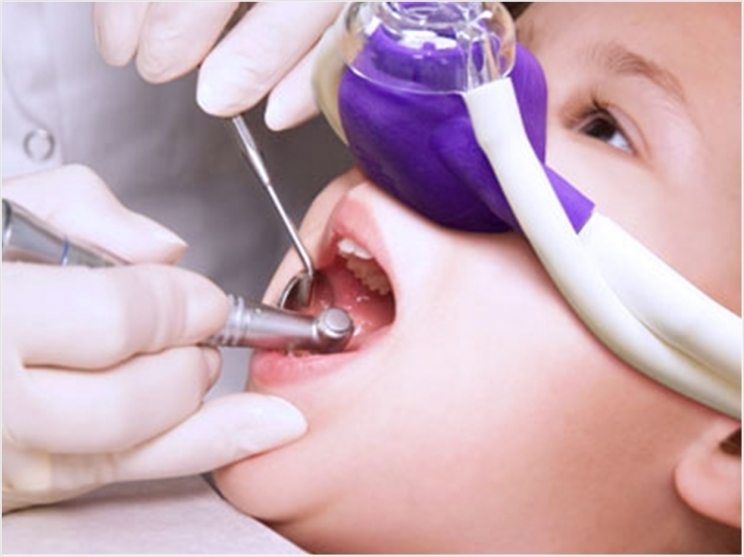
The Illinois Legislature is now considering House Bill 2813, which would allow Certified Registered Nurse Anesthetists (CRNAs) to administer anesthesia without supervision from a doctor. In response, seven state organizations have teamed up to form Preserve the Anesthesia Care Team (PACT) in opposition to the bill.
“Anesthesia can involve life and death situations, and patients deserve a team to administer it safely. Anesthesia care is surgical care, and the highest medical standards hold that a team of professionals led by a physician provide it,” said Lisa P. Solomon, DO, assistant secretary of the Illinois Society of Anesthesiologists, one of the groups in PACT.
“Anesthesia is delivered in complex, high-risk settings where complications can arise quickly,” said Solomon. “Anesthesiologists complete at least 12 years of education and training specific to the diagnosis and management of medical conditions and their interactions with anesthesia before practicing.”
PACT’s membership includes:
- The Metro Chicago Chapter of the American College of Surgeons
- The American Society of Anesthesiologists
- The Illinois Dermatological Society
- The Illinois Society of Anesthesiologists
- The Illinois State Dental Society
- The Illinois Society of Eye Physicians and Surgeons
- The Illinois State Medical Society
PACT has announced that it is launching a statewide public education campaign aimed at communicating the importance of team-based care and dispelling myths about access and costs that surround it. House Bill 2813 has the support of the Illinois Association of Nurse Anesthetists (IANA).
The IANA believes that HB 2813 would clear up the confusion for dentists when it comes to their responsibilities in working with CRNAs. Currently, Illinois law does not require CRNAs to be supervised by a doctor, but it does require dentists to remain physically present during the administration of anesthesia. By removing the “physical presence” language, the IANA says, HB 2813 clarifies the role of the CRNA when working with dentists on the anesthesia care plan.
Further, the IANA says that while CRNAs are experts in anesthesia provision and trained to provide anesthesia independently of physician anesthesiologists, all CRNAs collaborate with other care providers as part of the surgical team, including dentists. Yet the IANA says it is important to make clear that dentists are not liable in respect to anesthesia delivery. Illinois is only one of six states left with the “physical presence” language in their practice act.
Related Articles
National Emergency Standards Will Increase Dental Patient Safety
Dental Anesthesiology Finally Gets the Recognition It Deserves
AAP Updates Guidelines for Pediatric Dental Sedation











